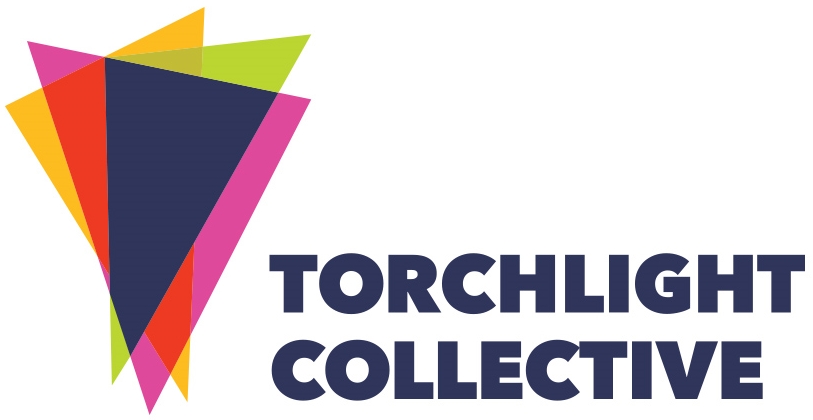By: Cecilia García Ruiz
In early 2020, the COVID-19 pandemic hit the world. Cause and effect of structural inequalities and a development model that hasn’t been able to address the needs of the most marginalized, this global crisis has forever changed the ways in which we live, work, and interact with others.
In November 2020, the Women’s Major Group (WMG), an official participant in the United Nations processes on Sustainable Development, conducted a survey to identify how feminists were adapting their advocacy tools in response to a virtual world when not everyone is online. Findings on the new challenges to advocacy showed that while COVID-19 became a priority in almost every government’s agenda, advocates’ voices were left out.
Arguably, online engagements made it possible to include more people in conversations that were once only accessible to those who could afford to travel and participate in diverse global and regional advocacy spaces. However, shrinking civil society spaces and the digital divide, amongst other barriers, have made it increasingly challenging to reach decision-makers and ask for the systemic changes we want to see.
Even before COVID-19, advocates in Latin America, including feminist and women’s rights organizations, faced a difficult scenario. International funding has decreased dramatically in the last decade, while anti-rights movements across the region have strengthened and new social and political crises have emerged amidst the pandemic.
Language barriers have also become an obstacle for meaningful engagement. Even when some organizations and other stakeholders have made an effort to ensure simultaneous interpretation in their virtual events, many resources, communication materials, outcome documents, reports, and recordings continue to be primarily in English.
The pandemic has shown that digital connectivity is critical for reducing inequalities. In Latin America and the Caribbean, an average of 68% of households have access to the Internet. There are significant gaps based on households’ income levels and rural women are the least connected group to Information and Communication Technologies (ICTs). These disparities in access, in addition to the lack of skills for utilizing these technologies effectively, undermine the efforts of organizations and advocates, especially at the local and grassroots levels, to meaningfully engage in the new digitalized advocacy spaces and influence decision-making.
The post-COVID context urges us to “adapt” - to improve our tactics, methodologies, and platforms. Yet, if we do not tackle the underlying inequalities and commit to decolonizing international development, online and offline advocacy efforts will continue to exclude those who are always left behind.

